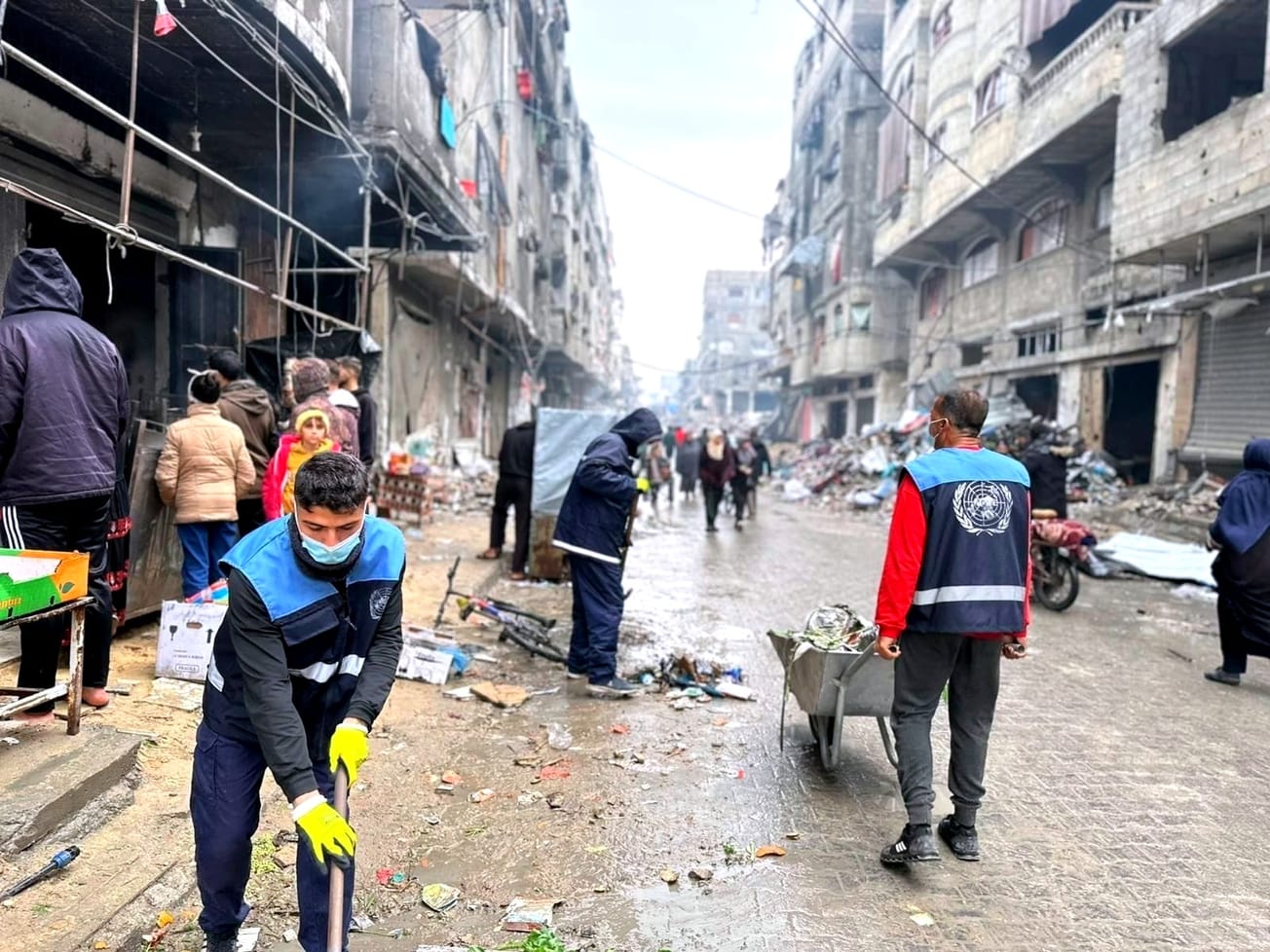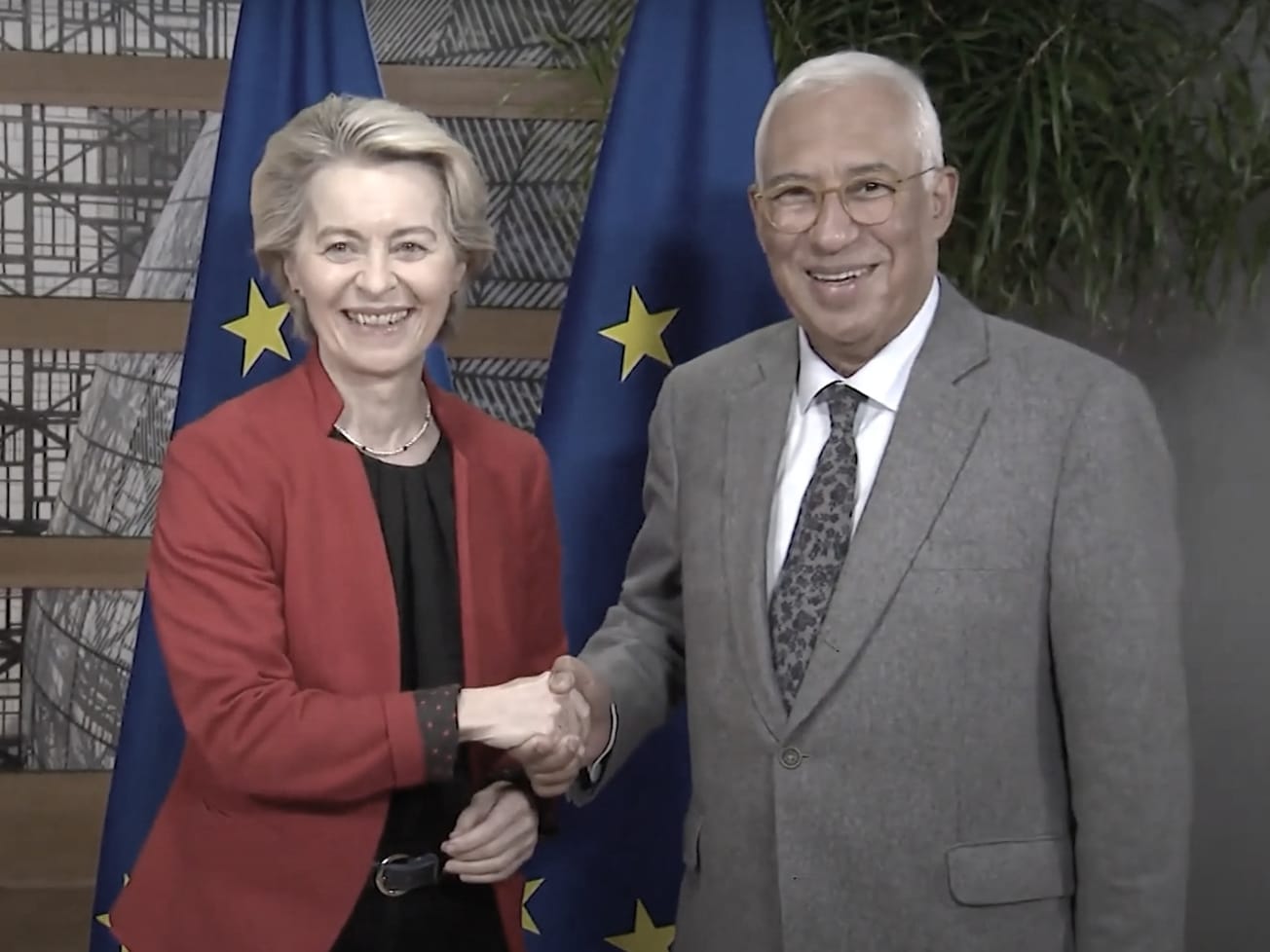GENEVA (AN) — With his one-day visit to Switzerland, Pope Francis encouraged Christians to rally for peace and justice, focusing attention on the Roman Catholic Church as one of the world's oldest and largest international organizations.
Francis's visit to Geneva, an epicenter of international organizations that hosts the United Nations' European headquarters, was the centerpiece of an ecumenical commemoration for the 70th anniversary of another international organization, the World Council of Churches.









